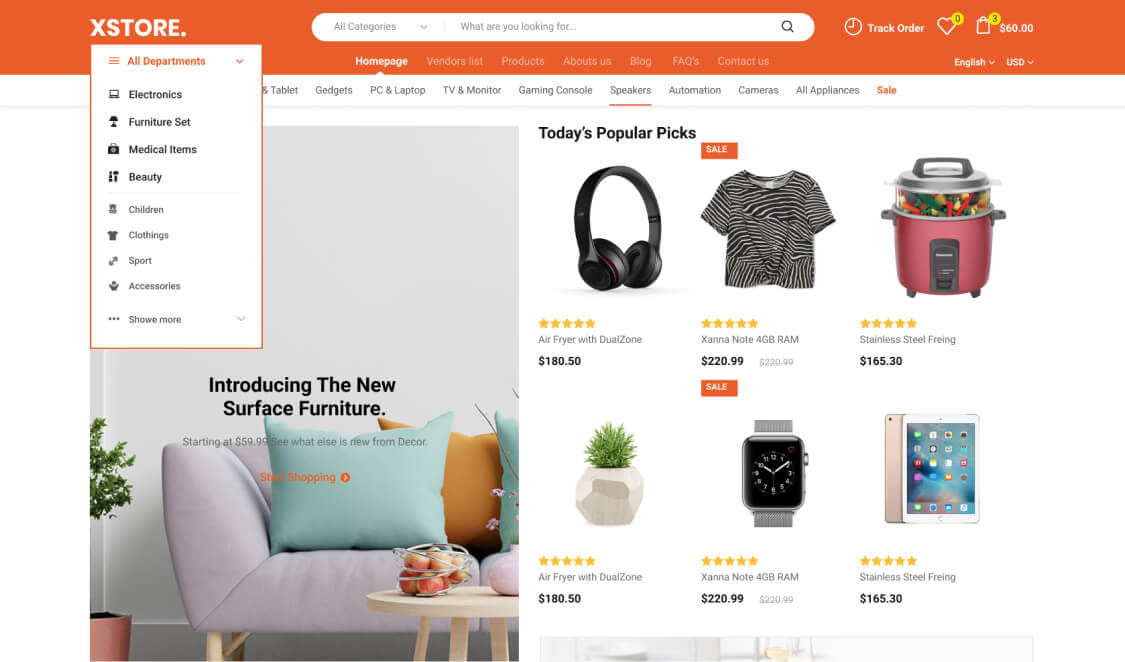Small business SEO is an effective way to increase your website traffic and generate leads. However, it requires consistency and time to see results. Using tools like Google Analytics and Search Console can help you monitor your SEO performance and make data-driven decisions.
Some of the most effective SEO techniques for small businesses are implementing schema markup, optimizing on-page elements, and generating backlinks. These steps will allow you to rank better in SERPs and drive more organic traffic.
Keyword research
Search engine optimization is one of the most effective techniques for small businesses to boost traffic and build brand awareness. It allows a business to rank higher in the search results, which can improve visibility and drive more leads and sales. It also helps consumers trust a business, and can increase the likelihood of converting visitors into customers.
Keyword research is an important part of SEO, but it can be challenging to do well. The process starts with putting yourself in your target customer’s shoes and brainstorming what words and phrases they might use to find your products or services. Then, you can use a keyword research tool to find more ideas.
You should consider things like the traffic potential of each keyword, its ranking difficulty, and its search intent. These factors will determine which keywords are most valuable to your business. In addition, you should also consider your competition and the amount of work it will take to rank for each keyword.
On-page optimization
Search engine optimization is an important tool for small businesses to use to increase organic traffic, generate engagement, sales, and a broader customer base. However, it’s not as simple as just doing some keyword research and posting your content online. There are a number of different techniques that must work together to make SEO successful.
On-page optimization involves optimizing website content and HTML code to improve visibility on search engines. This includes creating keywords and phrases, selecting the right meta tags, establishing page value, and more. It also requires monitoring and analyzing results to optimize performance.
One of the most important on-page elements is the title tag, which should include a relevant keyword and be readable by users. Avoid using excessive keywords in titles, as this is referred to as “keyword stuffing” and can be counterproductive. Similarly, include keywords in h1> and h2> headers, but be careful not to overdo it. This can be viewed as spammy by search engines.
Content marketing
Content marketing is a key strategy for small businesses to increase their search engine visibility and attract more customers. However, it can be difficult to achieve success if you don’t understand the basics of SEO.
You should include keywords in your content, but make sure to do it naturally. It is important to avoid keyword stuffing, as this will have a negative impact on your search engine rankings. Instead, focus on creating quality content that provides value to your audience.
Also, make sure your website is well-organized and free of broken links. While this may seem like a minor issue, it can have a huge effect on user experience and search engine optimization. Having a clean website can help you rank higher in search engine results pages (SERPs) and attract more organic traffic. In addition, you can also promote your site on social media to generate more awareness. Finally, you should submit your business to local directories and ensure that your NAP information is correct.
Link building
Link building is an essential part of small business SEO, as it helps increase the visibility of your website. It also improves search engine rankings, and can ultimately lead to more customers and revenue.
A successful link building strategy involves creating a content that is relevant to your audience’s needs. This can be achieved by researching keywords that are most effective for your target audience, and then writing an article about them. You can then reach out to other websites that may be interested in linking back to your site.
Local links are especially useful for small businesses because they can help boost their visibility in their local area. They can be obtained through collaborations with other businesses, pitching stories to local media outlets, or asking suppliers and business associations to link to your site. Local links are often more pertinent to a business’s niche and can help increase their search engine visibility. Moreover, they can help establish the company as an authoritative source of information in its industry.




